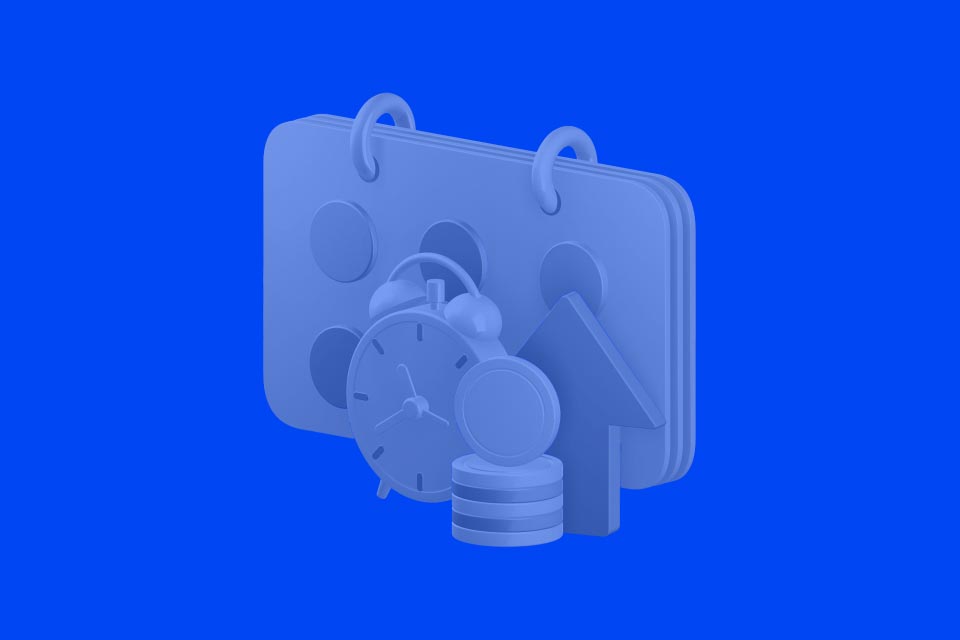The forex market can be operated 24/7 Monday to Friday. The markets close over the weekends, but still provides traders with opportunities to make use of this time to build a trading strategy.
In this article, we take a look at forex trading opportunities even over the weekends when the markets are closed.
What are the forex market trading hours?
The forex market is a global trading market that operates 24 hours a day, five days a week. The market is open from Sunday at 5:00 PM EST (10:00 PM GMT) to Friday at 5:00 PM EST (10:00 PM GMT). However, the market may be closed on certain holidays and weekends, and forex trading hours vary depending on the specific currency pairs being traded.
The main forex market trading hours in Eastern Standard Time (EST) are -
- Sydney Session: 5:00 PM to 2:00 AM EST
- Tokyo Session: 7:00 PM to 4:00 AM EST
- London Session: 3:00 AM to 12:00 PM EST
- New York Session: 8:00 AM to 5:00 PM EST
*Please note that this is not a comprehensive list of all the forex markets.
A step-by-step guide to trading forex markets on weekends
-
Learn more about forex trading
If a trader is new to forex trading, it is important for them to get familiarized with the trading platform that they will be using. This means learning how to open and close trades, managing risk with stop-loss and take-profit orders. The trader can also get a deeper understanding of the different charting tools and technical indicators available. Most forex brokers offer educational resources and tutorials to help one get started, and the trader can find a great deal of information online.
Weekends (when the forex trading markets are closed) are a good time to familiarize oneself with the platform and test out different platform features. During this time, the trader can also take advantage of demo accounts offered by their forex broker to practice their trading skills.
-
Plan for the trading week ahead
While traders can not actively trade forex markets over the weekends, they can use this time to review market news and economic calendars to identify potential trading opportunities for the week ahead.
Economic events such as interest rate decisions, employment reports, and inflation data can have a significant impact on currency prices, so it is important to stay up-to-date on the latest news and developments. The trader can also review price charts and technical indicators to identify potential support and resistance levels and use this information to develop a trading plan for the week ahead.
-
Learn more about forex trading
There are many resources available online to help a trader improve their forex trading skills. Read through these free forex trading education resources available online as they can provide the trader with a sound foundation of knowledge. Here are some ways to get started –- Trading programs: Online forex trading programs cover forex basics, platforms, pairs, risk management, technical analysis, and more. Almost all forex trading platforms have dedicated trading guides of their own.
- Webinars: Live events offered by brokers and educators where experts share insights and answer questions are a great way to learn and improve skills.
- Blogs and social media: Experienced traders share insights and strategies on blogs and social media. Following them provides valuable insights into the market and keeps the trader up-to-date with the latest trends and news.
- Demo accounts: Brokers offer free forex demo accounts for trading with dummy money. It helps the trader get familiar with the platform and test out different strategies without requiring real money.
Use different weekend trading strategies
Gap trading strategy
Gap trading involves taking advantage of the price gap that may occur between the market closing price on Friday and the opening price on Monday. When trading with this strategy, the trader opens a position with the expectation that Monday’s opening price will be more than Friday’s closing price. This difference between the two prices is known as the gap.
The weekend gap trading strategy involves placing a trade on Sunday evening when the market opens, based on the expectation that the price will move to fill the gap that was created over the weekend. Traders usually place trades in the direction of the gap, meaning they buy if the gap is upwards and sell if the gap is downwards.
An upward gap means the opening price on Monday is more than the closing price on Friday, whereas a downward gap means lowered opening price on Monday.
Bollinger band trading strategy
Bollinger Bands are a popular technical analysis tool used by traders to measure market volatility and identify potential trading opportunities. They consist of a moving average line and two standard deviation lines, one above and one below the moving average line.
The weekend Bollinger Bands trading strategy involves placing trades on Sunday evenings when the market opens using the Bollinger Bands indicator to identify potential entry and exit points.
If the currency pair price opens near the upper (lower) band on Monday, it indicates an uptrend (downtrend) continuation and signals the trader to place a long (short) order. On the other hand, if the currency pair price opens near the middle band on Monday, it signals a ranging market and suggests the trader hold onto the existing trades for some time without placing new orders.
Utilize the weekends for forex trading
In conclusion, forex trading opportunities exist even when the markets are closed over weekends. Traders can use gap trading strategies, Bollinger Bands trading strategies, or other technical and fundamental analysis tools to identify potential trades.





